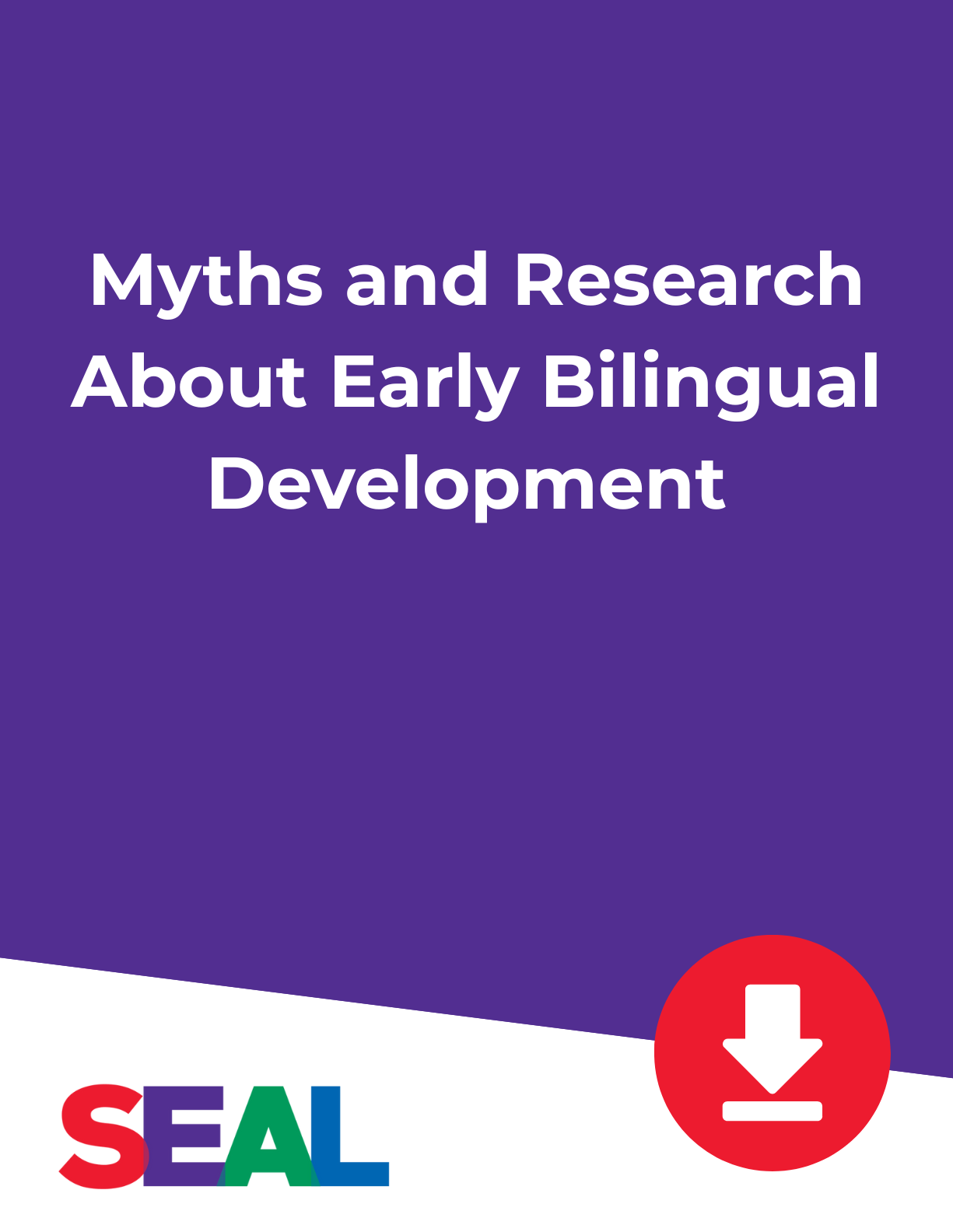
SEAL News
Seeking in-depth analysis about English Learners and Dual Language Learners in California? Want to discover other ways schools are centering multilingualism in their education community? Need to stay up-to-date on EL Roadmap policy and what the latest data tells us? We bring you all the news you can put to use in your schools and classrooms every day.

SEAL News, Insights, and Partner Opportunities for 2025–2026
SEAL News, Insights, and Partner Opportunities
Our Resources

Journals and publications, helpful guides, informative videos—our team has produced and curated the resources you need to support your students in dual-language immersion.
Become a SEAL Partner and access even more resources today!
%20copy.png)
Key Lessons from Over a Decade of Impact
When schools center language, culture, and community, English Learners don’t just succeed—they thrive. We’ve identified eight key lessons about what it truly takes to create schools where multilingual learners flourish. Download to read more about these key lessons.

Myths and Research About Early Bilingual Development
This resource lists six common myths about early bilingual development and provides research that debunks them. It serves as a valuable tool for educators engaging families in discussions about the benefits of home language development.

SEAL's 11 High-Leverage Pedagogical Practices
Our 11 High-Leverage Pedagogical Practices equip educators to create rigorous, joyful, and language-rich classrooms where every student succeeds. By integrating students’ linguistic and cultural assets, SEAL fosters a learning environment that values home languages and empowers diverse learners to reach their full potential.

%201.svg)
.png)
.png)
.png)
.png)
.png)


.png)